The biology major focused on the interactions between parasitic bacteria and their host for her thesis.
-
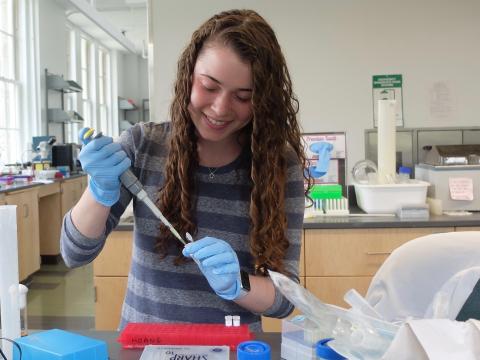
-
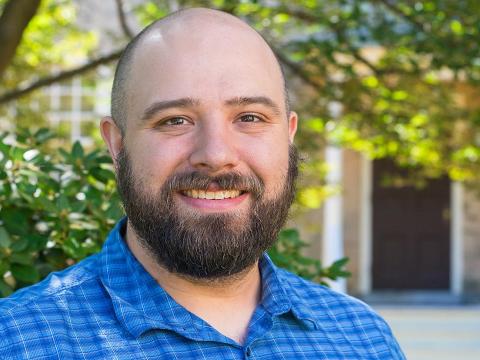
The Assistant Professor of Physics was awarded a $55,000 grant to investigate the microscopic origins of the transition between two types of sedimentary dynamics.
-
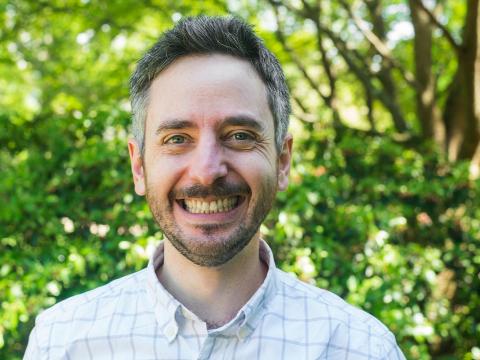
The Associate Professor of Biology and Environmental Studies and his collaborators at the Smithsonian Institution were awarded $782,932 to uncover how plant life responded to changes in atmospheric carbon dioxide concentration millions of years ago.
-
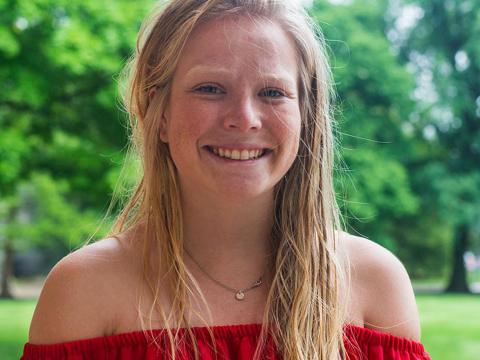
Following her work in Golin’s D.C. lab last summer on yeast’s responses to nutrient deficiency, the senior biology major contributed to the alum's paper in Fems Yeast Research last month.
-
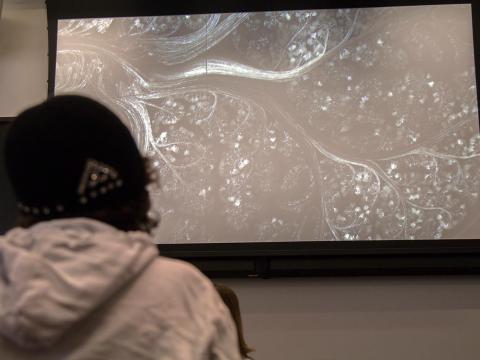
Neuroscientist and artist Greg Dunn, who works at the intersection of visual representation and experimental science, visited campus to discuss his piece that is on display at the Franklin Institute.
-
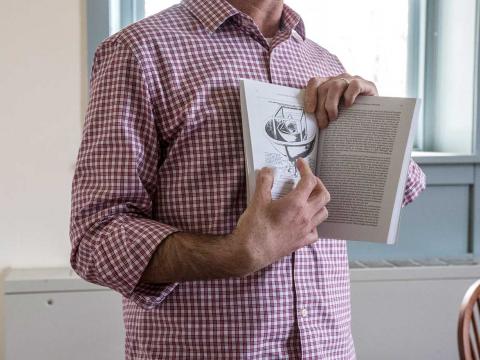
This course, which explores the revolution in the sciences that occurred between 1500 and 1750, seeks to understand how and why certain people began to investigate the natural world in new ways and how they convinced other people that their new ways were better.
-
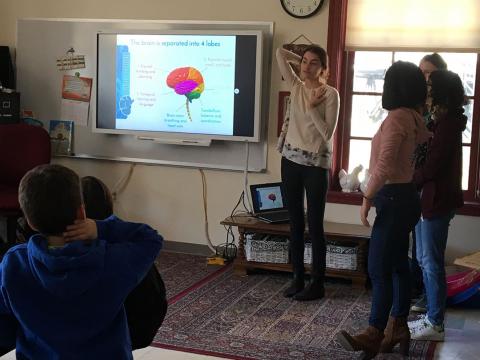
The club, which started in the fall, has create new, extracurricular neuroscience-focused opportunities for students across disciplines.
-

The student group hosted its first Tri-Co coding symposium, which included a student-led programming workshop and a talk by Erica Greene ’10 of Jigsaw.
-
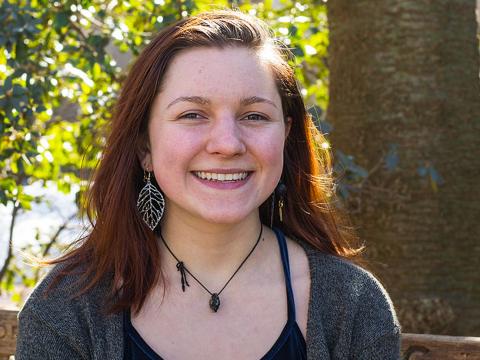
The biology major's work on heart muscle cell proliferation as part of a research team at Thomas Jefferson University was published in the journal Development.
-
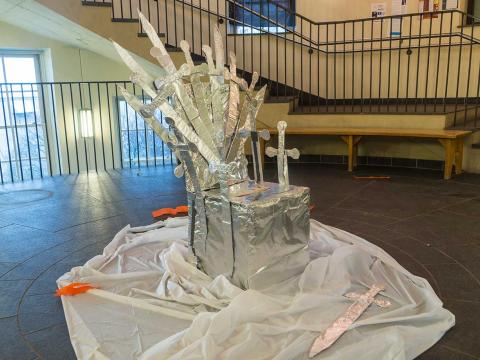
This year, for the holiday, the Koshland Integrated Natural Sciences Center was transformed into Hawkins, Indiana; Westeros; and more!
-
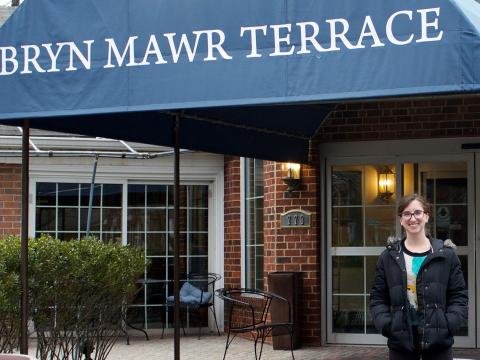
This new course offers students the opportunity to gain intensive first-hand experience working with people in a psychological services or social services setting to provide a supervised platform on which to apply what they have learned in their psychology coursework to helping others in a hands-on way.
-

This course surveys electrochemical concepts relevant to real-world technologies—in particular those that advance renewable energy—through a combination of mini-lectures to introduce the topics and student-led discussions on current research in the field.
-
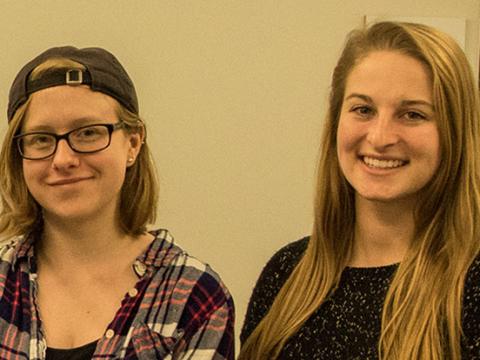
Four Haverford students participated in an immersive four-day software programming workshop at Bryn Mawr College with the help of developers from Google.
-

This course offers a broad introduction to the field of computer security from two concurrent perspectives: attacks on systems and defenses against those attacks.
-
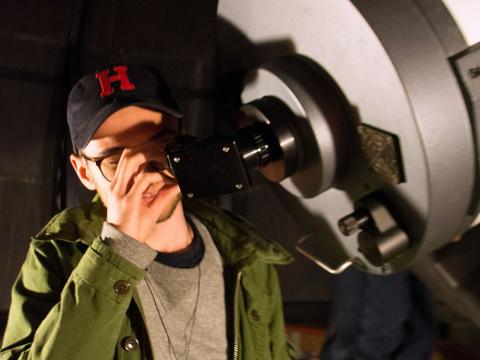
A large crowd gathered for liquid-nitrogen ice cream, rocket building, and a student talk on dark matter as part of Strawbridge’s Public Observing event.